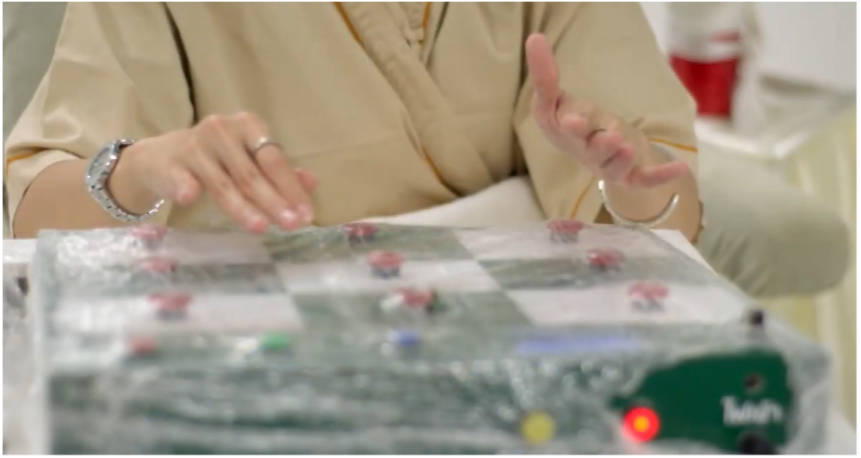Effect of brain training on eye hand coordination activities in elderly patients for stress and type 2 diabetes mellitus, Thailand

Contributor: Nittaya Suriyapan, PhD Candidate, Brain Mind Mood Center, Srithanya Hospital
World Diabetes Day will be celebrated on 14 November under the theme: Access to Diabetes Care – If Not Now, When? To mark this day, we bring you a case study from Thailand.

Diabetes Mellitus is a worldwide epidemic owing to the increasing ageing population and globalization. The World Health Organization (WHO) predicts a doubling of diabetic patients in the next 20 years, especially in developing countries in Asia. Diabetes and its associated complications are a major health and economic burden worldwide which is expected to continue to increase.
This problem is particularly relevant to the Asia-Pacific region, where lifestyle changes associated with rapid economic development, improved survival rates from communicable diseases, and genetic susceptibility are linked to rising diabetes prevalence.5 Thailand provides a prime example of this trend.
Brain training with eye-hand coordination activities help to improve control of diabetic symptoms and cortisol levels, and improve the quality of sleep, life and happiness. Thirty-four elderly people (17 men, 17 women) between 60- 86 years of age, took part in a new innovative intervention using hand boxes to enhance cognitive activity, developed by the Innovation and Learning Brain Mind Mood Centre at Srithanya Hospital in Thailand. The elderly patients, all of whom had type 2 diabetes mellitus, regularly practiced brain training of eye-hand coordination activities and showed better quality of life, happiness and decreased to stress, cortisol and fasting blood sugar levels. Hand box activity (HBA) as a coordination exercise may reduce the risk of the adrenal glands (hypothalamic-pituitary-adrenal) axis and maintain the secretion of cortisol hormone control.
Click here to watch a video about the innovation hand boxes activity.